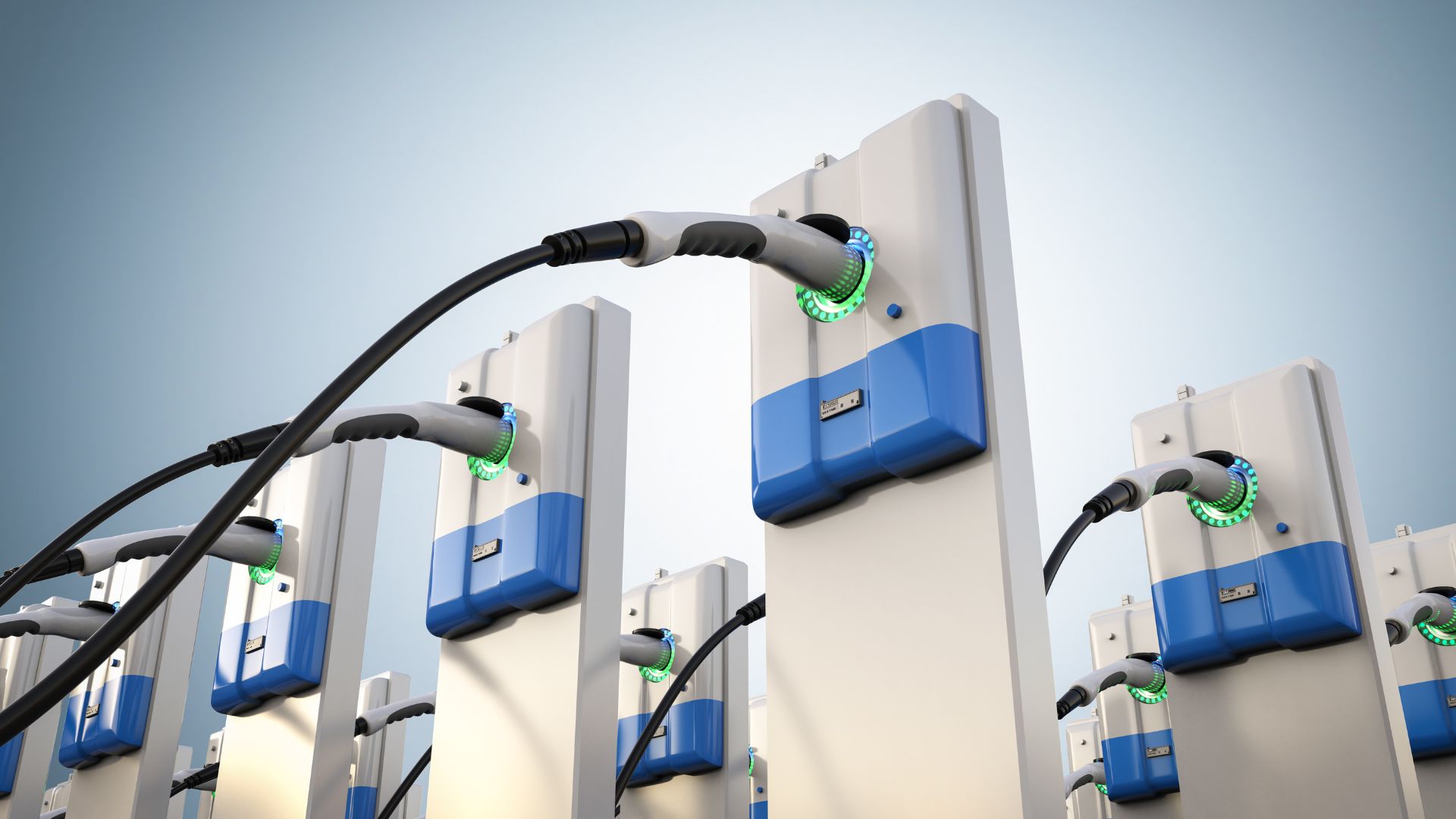PUV modernization seen as catalyst for local EV industry growth
- January 3, 2025
- 0

The Philippines has the potential to carve a niche in commercial electric vehicle (EV) manufacturing as part of the global EV supply chain, industry regulators and officials said, leveraging public utility vehicle (PUV) modernization as a foundation.
In a report by Business World, the Board of Investments’ (BOI) Industry Development Services executive director Ma. Corazon H. Dichosa said that the board had been considering it. She highlighted the presence of local electric PUV and three-wheeler assemblers, as well as companies assembling EV battery packs and electronics components.
Dichosa noted that the modernization of public transport could serve as a springboard for electric PUV (ePUV) production, benefiting from the expertise of local auto parts makers.
Meanwhile, Electric Vehicle Association of the Philippines (EVAP) Chairman Emeritus Ferdinand I. Raquelsantos echoed the sentiment, emphasizing the opportunity to focus on commercial EVs, which remain largely untapped in ASEAN markets.
Despite growth opportunities, Raquelsantos pointed out challenges in attracting original equipment manufacturers (OEMs), particularly for completely knocked-down (CKD) assembly, which is flourishing in Thailand.
The Philippines’ EV adoption rate is expected to reach 5% by the end of 2024, according to the Accelerating the Adoption and Scale-up of Electric Mobility project. New EV sales totaled 11,584 units in 2023 and 10,001 units in the first half of 2024, spurred by narrowing price gaps between EVs and internal combustion engine vehicles.
The country has 833 EV charging points recorded nationwide as of November, according to the Department of Energy (DOE). The charging network includes alternating current stations, direct current fast chargers, and battery-swapping stations.
To address competitive gaps, Raquelsantos stressed the need for stronger incentives and reduced bureaucratic hurdles. While the Philippines offers benefits under the Electric Vehicle Industry Development Act, Thailand remains more attractive to investors due to a complete supply chain.
The government is developing an Electric Vehicle Incentive Strategy (EVIS) to encourage local manufacturing by bridging cost gaps between EVs and internal combustion vehicles. This program aims to produce 4 million locally manufactured EVs, such as two-wheelers, e-trikes, ePUVs, and eBuses, over the next decade.
By 2040, EV adoption in the Philippines is projected to reach 10% of the total fleet in a business-as-usual scenario, with more ambitious clean energy targets mandating 50% re-fleeting of commercial fleets with EVs.